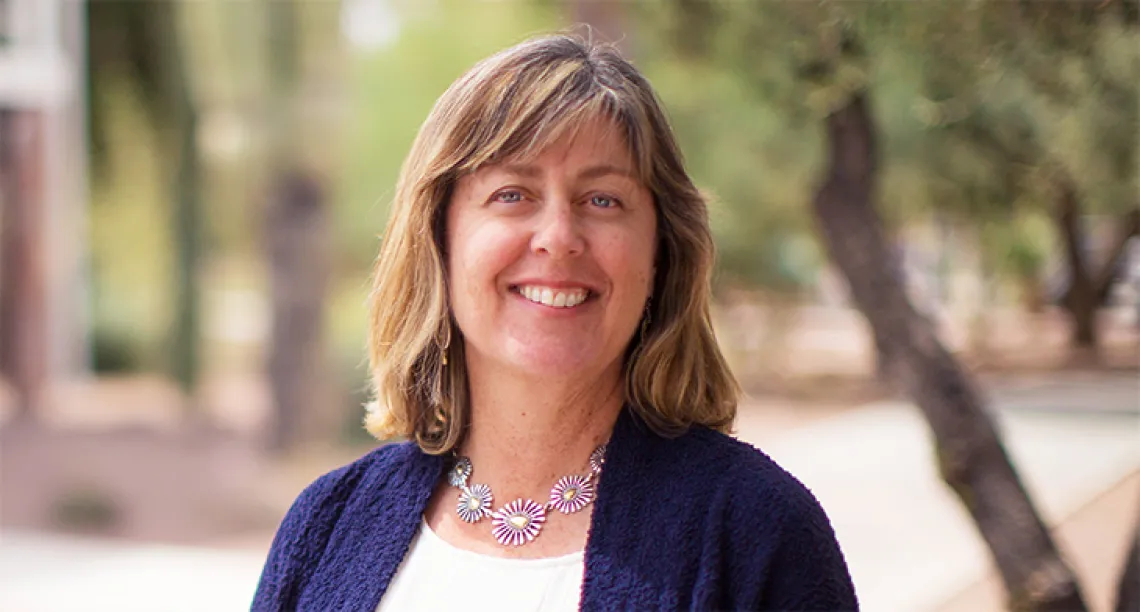University of Arizona CISO: Not Just Tech, but Human Behavior
Coming to IT from the field of archaeology about 20 years ago, the University of Arizona's CISO Lanita Collette has prioritized human-centered organization, training and effective management in cybersecurity

Chief Information Security Officer Lanita Collette
Government Technology Magazine interviewed Chief Information Security Officer Lanita Collette.
About 20 years ago, before she was the University of Arizona’s chief information security officer and deputy CIO, Lanita Collette worked as an archaeologist for the Navajo Nation as part of a training program for Indigenous students at Northern Arizona University. In the field, she increasingly uncovered something unexpected – a drive to work in information technology.
Around that time, Collette managed local area networks, databases and desktop support as her team’s lab director and the research department’s tech liaison. Despite holding a bachelor's degree in anthropology from Bryn Mawr College and a master's in archaeology from Arizona State University, she had an abiding interest in technology.
“As often happens, if technology doesn’t intimidate you and you’re good at it, then you end up doing all of the tech work for your department,” she said. “Archaeology is fairly tech-dependent. Whether you are out on the landscape or in the lab, everything you do is reliant on tech of some kind or another.”
Collette became connected with the university’s IT community through the departmental liaison program, which led her to an opening to lead Northern Arizona’s PC support team. She landed the position in 2000, when higher ed institutions were hungry for fresh IT talent.
“That kind of gave me the opportunity I needed to move over,” she said.
Over the next 17 years, Collette gradually worked her way up through the IT ranks at Northern Arizona, as CISO and then deputy CIO before moving to the University of Arizona in 2017, where she is now CISO and deputy CIO.
From about this time, she and her team set their sights on improving the university’s network, including virtual private networking (VPN) services.
“There are many VPNs, set up for various purposes, across the university, but when the pandemic required a move to remote work, it was a central VPN everyone relied on,” she said. “We were glad we were well-prepared for this move.”

